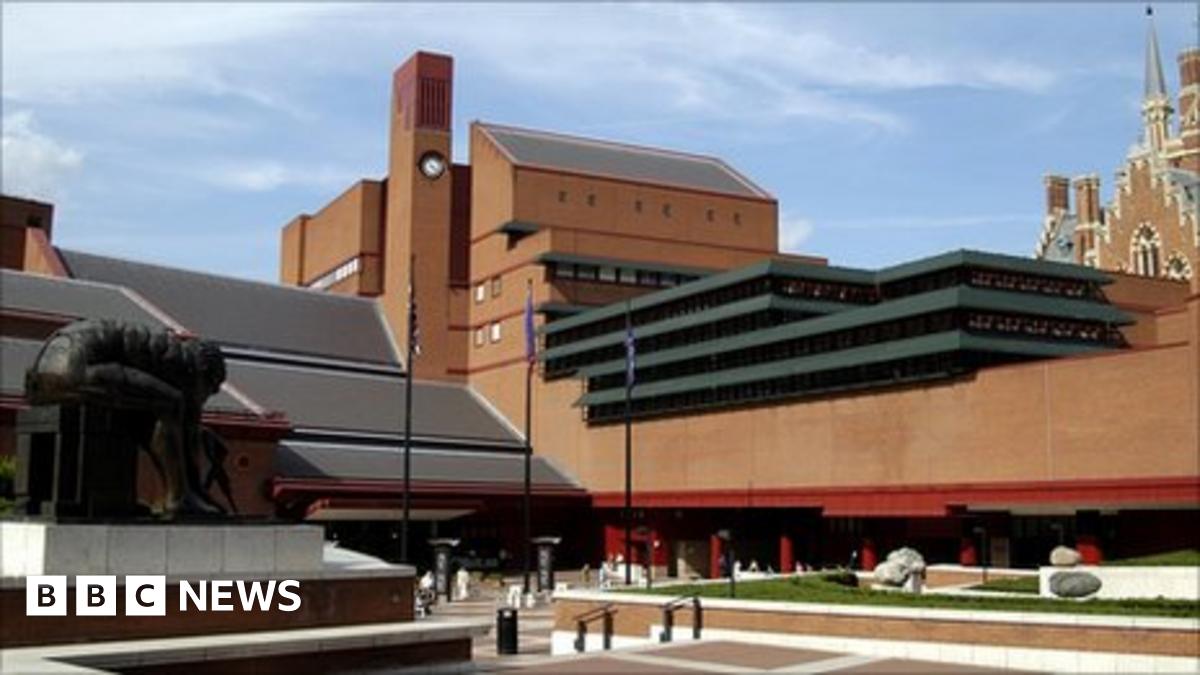Originally posted by Lateralthinking1
View Post
Edit: Sorry, vinteuil - I messed up my reply and had to start again!
I've only just tumbled to the fact that he's David Sainsbury as was. Joined the SDP, became a trustee of the party and refused to hand over the party funds when the members voted to merge with the Liberals
 , supporting David Owen's 'continuing SDP'.
, supporting David Owen's 'continuing SDP'.




Comment